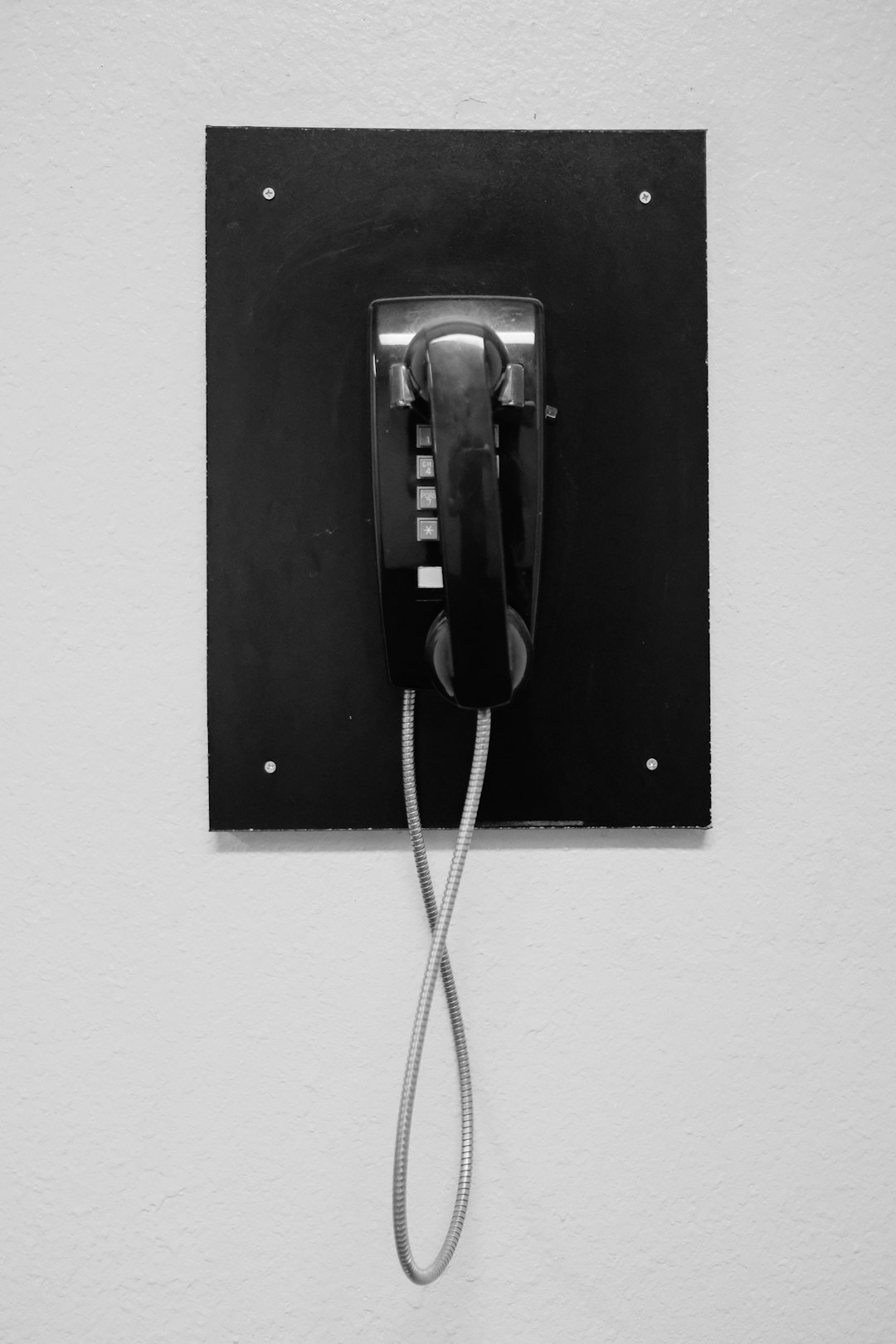In Connecticut, while debt collection calls are exempt from some telemarketing laws, consumers can register their numbers on the "Do Not Call" list. For persistent or harassing calls, consulting a Do Not Call Attorney Connecticut is advised. They specialize in consumer protection laws and guide clients against abusive debt collection practices, ensuring legal rights under regulations like the TCPA are upheld.
“Despite updated telemarketing laws, debt collection calls remain exempt, raising consumer concerns. This article delves into the nuances of this exemption and its implications for Connecticut residents. Understanding your legal rights against unsolicited calls is crucial, especially when dealing with debt collectors. We explore ‘Do Not Call Attorney Connecticut’ and guide you through navigating these calls effectively. Learn what steps to take to protect your privacy and assert your rights in this complex landscape.”
Understanding Debt Collection Exemption from Telemarketing Laws

In the realm of consumer protection, telemarketing laws have long been in place to safeguard individuals from unsolicited calls and marketing strategies. However, when it comes to debt collection, there’s a unique exemption that sets it apart. This exemption allows debt collectors to make calls without adhering to the strict rules imposed on other telemarketers, specifically those registered with the National Do Not Call Registry.
In Connecticut, for instance, a Do Not Call Attorney plays a crucial role in navigating this legal landscape. The exemption is rooted in the idea that debt collection calls are not primarily for promotional purposes but rather to recover outstanding debts. As such, they fall under a separate regulatory framework, exempting them from certain provisions of the Telemarketing and Consumer Fraud and Abuse Prevention Act (TCFAPA). This means collectors can contact debtors more freely, which is both a blessing and a curse, ensuring faster debt recovery but potentially leading to increased consumer concern regarding privacy and harassment.
Do Not Call Attorney Connecticut: Your Legal Rights Explained

In Connecticut, debt collection calls are exempt from certain updated telemarketing laws, which means that creditors and collection agencies can still reach out to debtors via telephone. However, this does not mean that consumers have no legal rights. According to state regulations, individuals can register their phone numbers with the “Do Not Call” list, which prevents unsolicited calls from various sources, including debt collectors.
If you’re in Connecticut and facing persistent or harassing debt collection calls, it’s advisable to consult a qualified Do Not Call Attorney Connecticut. Legal experts specializing in this area can guide you on how to assert your rights, understand the law, and take necessary actions against abusive or unfair debt collection practices. They can help you navigate the complexities of consumer protection laws and ensure that your legal rights are upheld during the entire process.
Navigating Debt Collection Calls: What You Need to Know

Navigating Debt collection calls can be a stressful experience, but understanding your rights is crucial. In the United States, debt collectors are bound by specific regulations to ensure fairness and transparency in their practices. The Telephone Consumer Protection Act (TCPA) provides consumers with protections against unwanted calls, including those from debt collection agencies. However, there’s an exemption for certain types of debt collection calls, especially when they are made with prior consent or on behalf of a government agency.
One important aspect to note is that if you feel your rights have been violated by a debt collector, you can take action. Consulting with a Do Not Call Attorney Connecticut can provide valuable guidance and ensure that your legal rights are protected. These attorneys specialize in consumer protection laws and can assist you in understanding your options and pursuing necessary steps to resolve any issues arising from unwanted or unfair debt collection practices.






